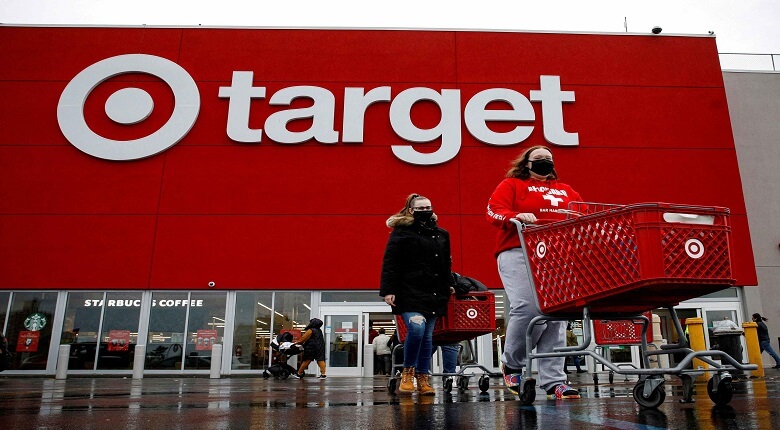Multiple reports have indicated that Target recorded profit dropped 90% in the 2nd quarter with declining misfire expectations. However, inflation affected customers who pulled back their spending on unnecessary goods and items. This situation forced retailers such as Target to cut prices on general goods and items.
The general merchandise includes electronics, clothing, and home items due to excess inventory of goods. It also allowed customers to shift more of their spending to higher-priced food items as well as gasoline. However, Target claimed that its price reduction offered much better results. The company ended the quarter with 1.5% more inventories compared to the last quarter and 36% up from last year.
The company also reportedly decreased the number of optional items in the stockpile of its warehouses. But Target pointed out the sales of those items imposed considerable pressure on its near-term profit growth. The TGT (Shares of Target) dropped 3% on Tuesday morning trading. However, the quarterly net income of Target dropped to $183 million. It is a significant drop from $1.8 billion one year ago during the same period.
Target’s Powerful Profit Growth in 7 Quarters
Meanwhile, the company’s adjusted earnings of 39 cents per share were well below the 72 cents forecast by analysts. The sales of $26 billion were slightly increased from the previous year according to the forecasts. It marked the 2nd consecutive quarter of dropping earnings at Target after 7 quarters of powerful profit growth. This drop was more specific compared to the 40% decline in the previous quarter.
Moreover, the pullback from consumers in demand for unessential items is one of the elements increasing fears of recreation. Consumer spending is considered accountable for around 3 quarters of the economic activity of the nation. Target is disappointed with the results and more remarkable results came from its bigger competitor WMT (Walmart).
A Slight Drop in Walmart Earnings
On Tuesday, the reported profit of Walmart was down just slightly from a year ago. Walmart also said it was expecting around an 8% to 10% drop in annual earnings. However, it was considered a slight drop compared to its previously forecast. On Wednesday, CEO Brian Cornell informed investors about the situation. He said the environment for Target and other retailers is still more challenging.
Cornell added that Target is expecting a remarkable start to the back-to-school shopping season. It would not repeat a hit to earnings as experienced in the recent quarter. He said the sizeable weight of the financial impact of these inventory moves is now far behind. However, it’s a more critical time to provide predictions of consumer spending activities and the impacts of inflation.
Consumers Still have More Spending Power
Moreover, the chief growth officer of the company, Christina Hennington, issued a statement. She said Target believes consumers still have more spending power but they are still experiencing the impact of inflation. A significant decline in gas prices in the last months was more encouraging. She claimed that these trends aren’t unique to Target.
Meanwhile, a government report says retail sales at general items stores such as Target dropped 0.7% in July. The overall sales also sustained a flat position in the same period. Consumer spending at gas stations dropped $1.2 billion in July due to decreased gas prices. These trends are critically affecting Target compared to its competitor Walmart because the retailer traditionally depends on unessential items.
